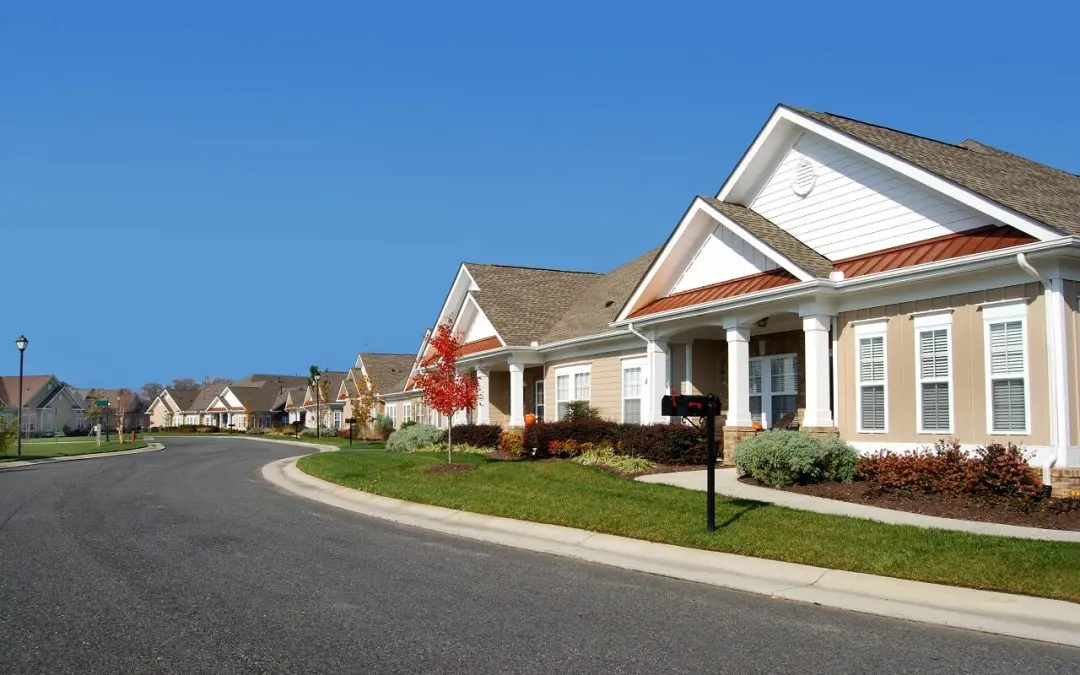Finding the right neighborhood is just as important as finding the perfect home. After all, your surroundings influence everything from your daily routines to your long-term happiness. A good neighborhood can mean excellent schools, easy commutes, safety, or a sense of belonging. Here’s how to confidently navigate the search and find a community that suits your needs.
Define Your Priorities Before Finding the Right Neighborhood
The first step in choosing a good neighborhood is understanding what matters most to you. Are you drawn to bustling urban centers with walkable amenities or a quiet suburban setting with larger yards? Schools and parks might be top priorities if you’re raising a family. Proximity to work or public transit could take precedence if you’re a professional. Knowing what you value will narrow your search and prevent feeling overwhelmed.
Spend some time reflecting on your lifestyle and goals. Picture your ideal day in the neighborhood. Is there a coffee shop nearby? Do friendly neighbors greet you? These visualizations can help clarify what you’re truly looking for.
Research Local Amenities
Once you’ve identified your priorities, dive into research mode. Look for neighborhoods that offer convenient access to the amenities you value most. This could include grocery stores, restaurants, parks, fitness centers, or entertainment options. Remember that even small conveniences, like a nearby pharmacy or daycare, can significantly enhance your quality of life.
While online tools and real estate apps are helpful, nothing beats experiencing a neighborhood firsthand. Drive or walk around during different times of the day to see how the area feels. Is it lively, peaceful, or somewhere in between? Are people out walking their dogs or chatting on porches? These observations can offer valuable insights.
Consider Commute and Connectivity
Time is a precious resource, and your commute impacts how much of it you have for other activities. Map out your drive to work or school to confirm the neighborhood is within a manageable distance. If you rely on public transportation, check the availability and reliability of buses, trains, or other transit options.
Connectivity isn’t just about physical travel. Strong internet and cell service are increasingly important for remote work, streaming, or staying connected with loved ones. Ask current residents or your real estate agent about connectivity in the area to avoid surprises later.
Evaluate Safety and Crime Rates While Finding the Right Neighborhood
Safety is a top concern for many homebuyers, and rightly so. Begin by researching crime statistics for the neighborhoods you’re considering. Many local police departments and websites provide detailed reports. It’s also worth talking to residents or exploring community forums to gauge perceptions of safety.
Pay attention to the overall upkeep of the area. Well-maintained streets, lighting, and public spaces often signal a neighborhood where people take pride in their surroundings.
Investigate Schools and Education
Schools are a critical factor if you have children or plan to in the future. Even if you don’t have kids, buying in a neighborhood with good schools can boost property value and attract future buyers. Look at school ratings, but also dig deeper. Visit schools, speak with parents, and review extracurricular offerings for a fuller picture.
Assess Long-Term Value
Finally, consider the neighborhood’s potential for growth and stability. Look for signs of new development, such as updated infrastructure, new businesses, or planned community projects. These can indicate a growing area with increasing property values. Conversely, be cautious of neighborhoods experiencing decline or high turnover rates.
Choosing a neighborhood is a significant decision that impacts your daily life and long-term satisfaction. By taking the time to research, reflect, and explore, you’ll be well on your way to finding a community you’ll be proud to call home.
FAQs on Finding the Right Neighborhood
What is the best way to determine if a neighborhood is safe?
Research crime statistics online and visit the neighborhood at various times. Talking to current residents and checking community forums can provide valuable insight into safety perceptions.
How do I know if the schools are good?
Start with online ratings, but don’t stop there. Visit the schools, meet with administrators, and speak to parents in the community. This hands-on approach will give you a more comprehensive understanding.
Can I trust online reviews of neighborhoods?
Online reviews are a helpful starting point, but they may not paint the full picture. Visit the neighborhood and talk to residents for a more balanced view.
Does a good neighborhood guarantee a good investment?
While no investment is without risk, neighborhoods with strong schools, low crime rates, and growing amenities tend to hold their value. Work with your real estate agent to assess the area’s market trends.
AAA Professional Home Inspectors offers inspection services in Kentucky and Southern Indiana. Contact us to request an appointment.

